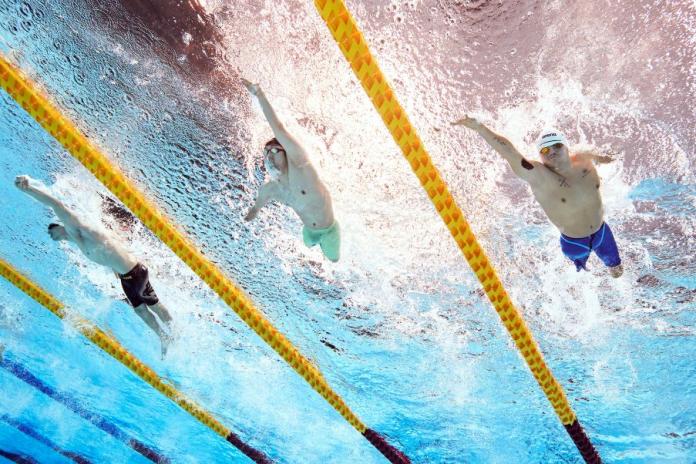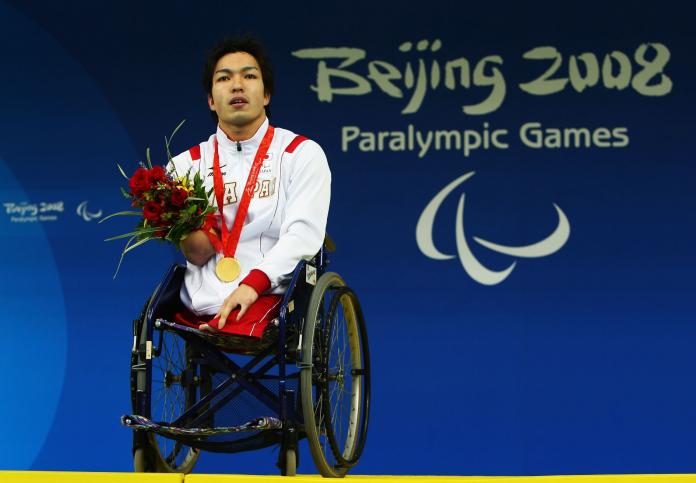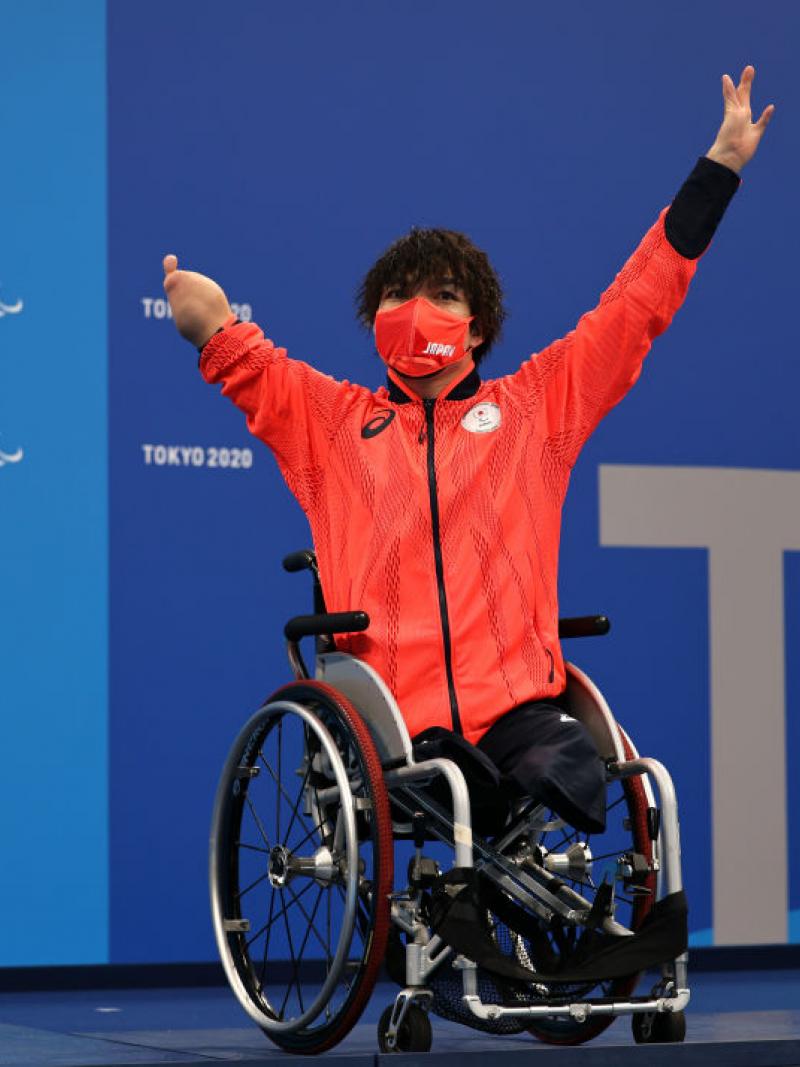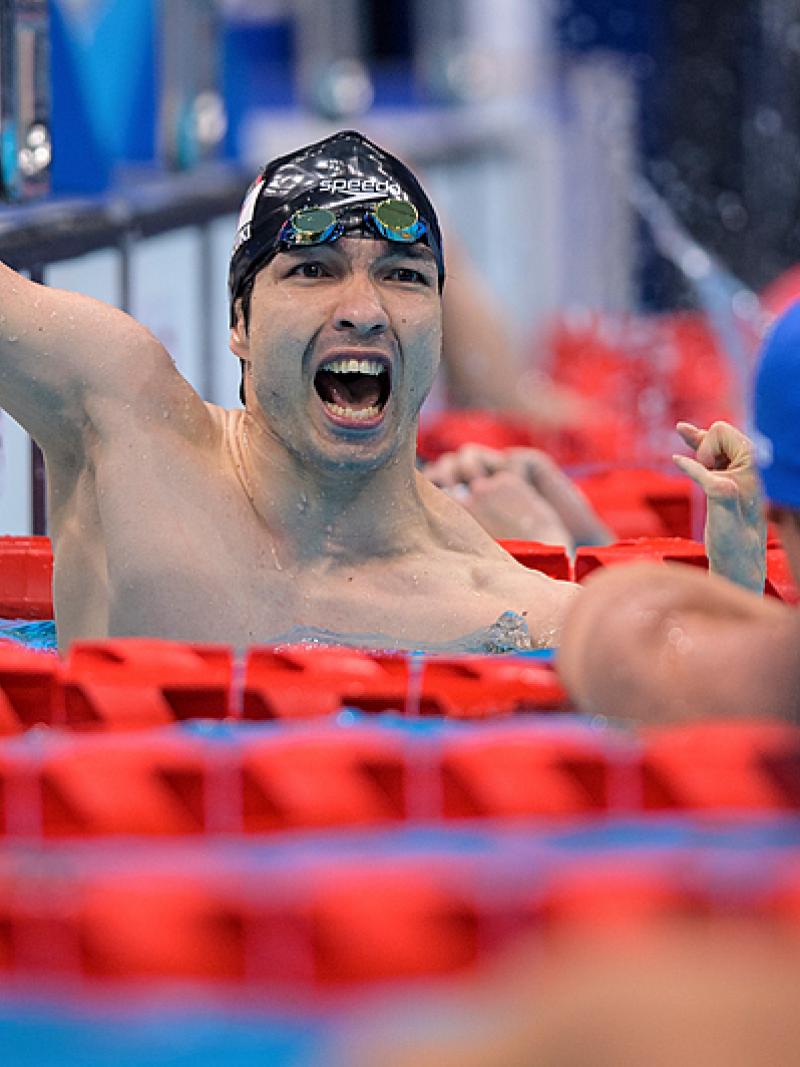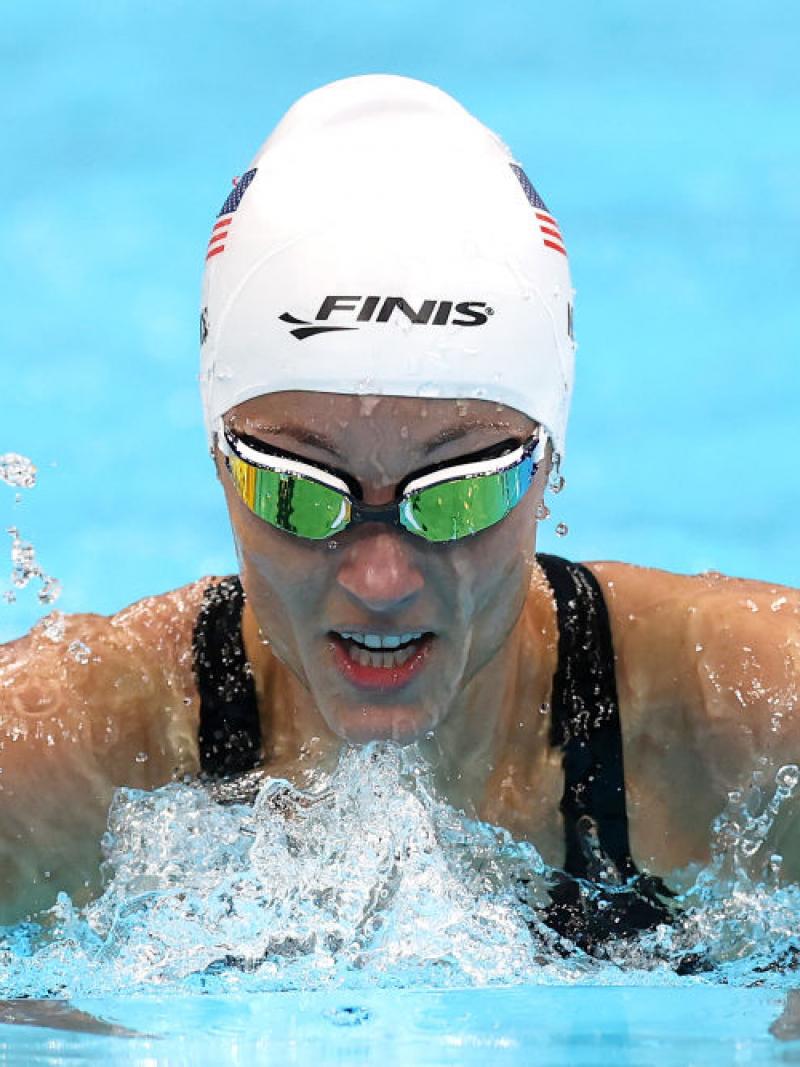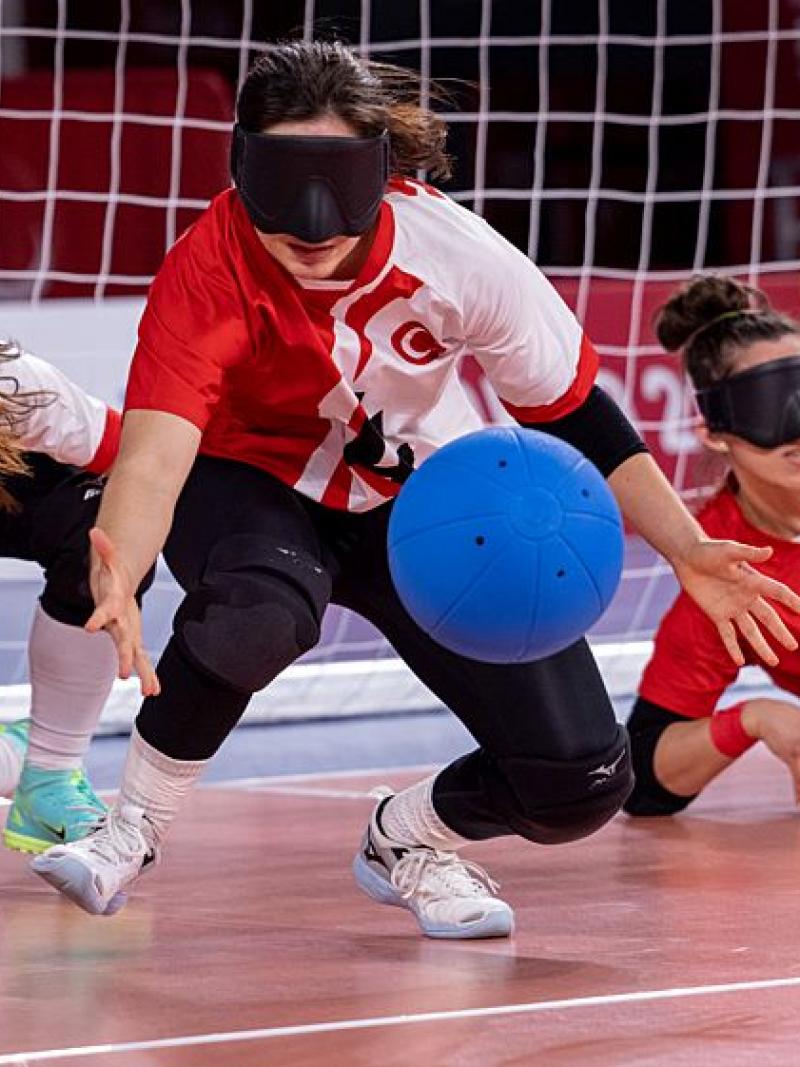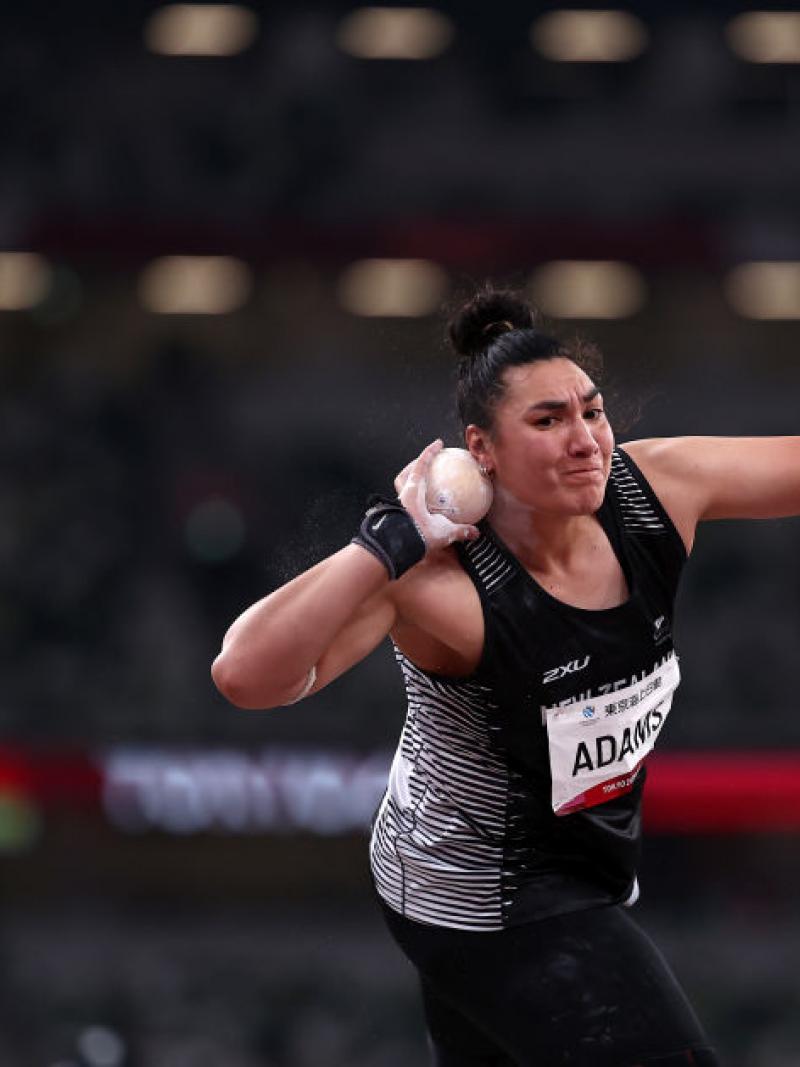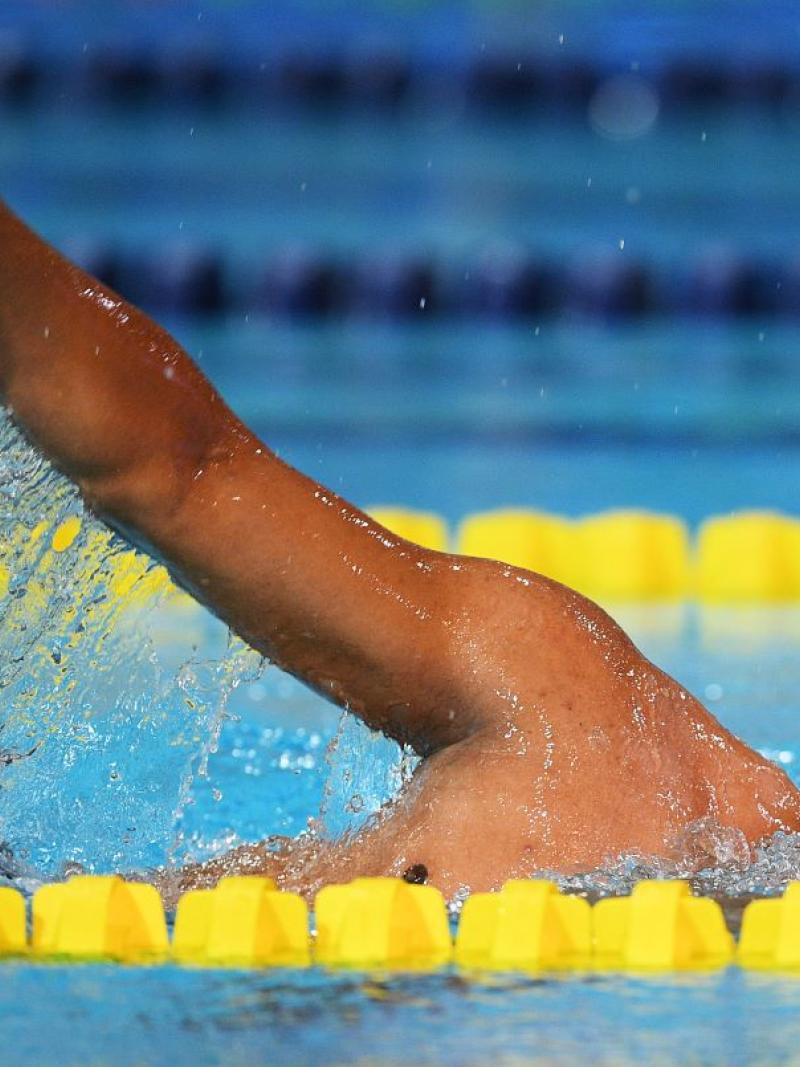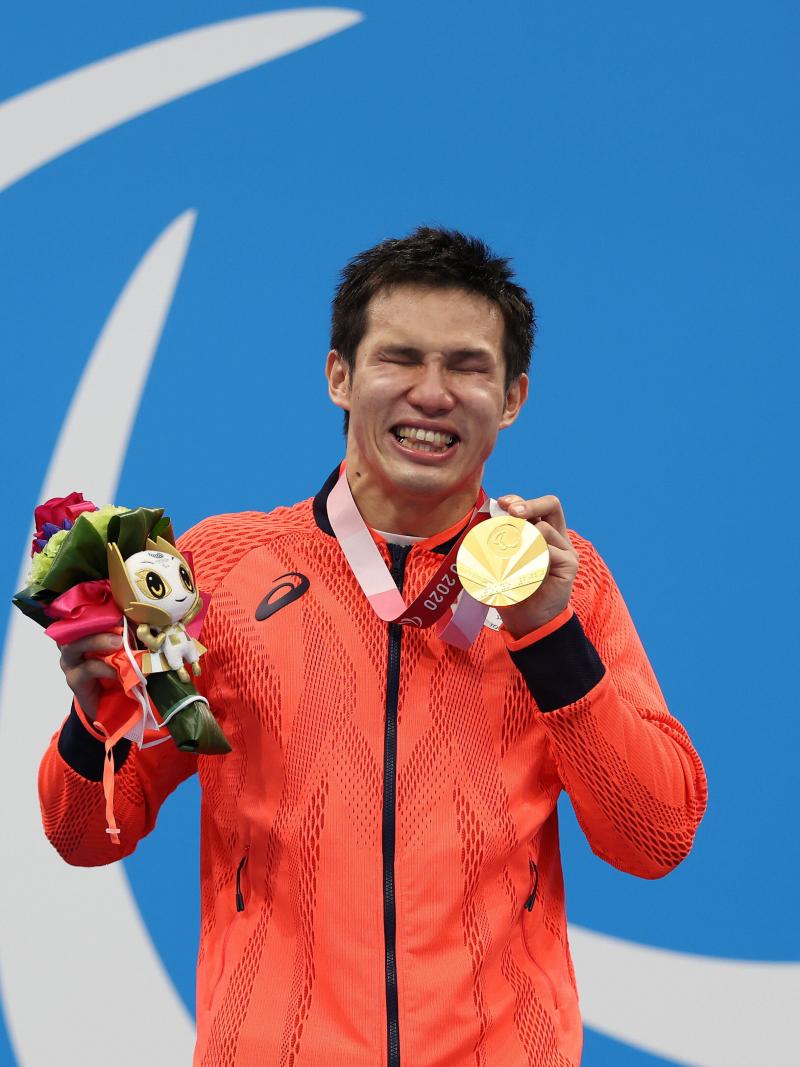Japan’s Para swimmer Takayuki Suzuki hopes to shine at sixth Paralympic Games
Takayuki Suzuki eyes Paris 2024 success after winning five medals at Tokyo 2020 25 Jan 2024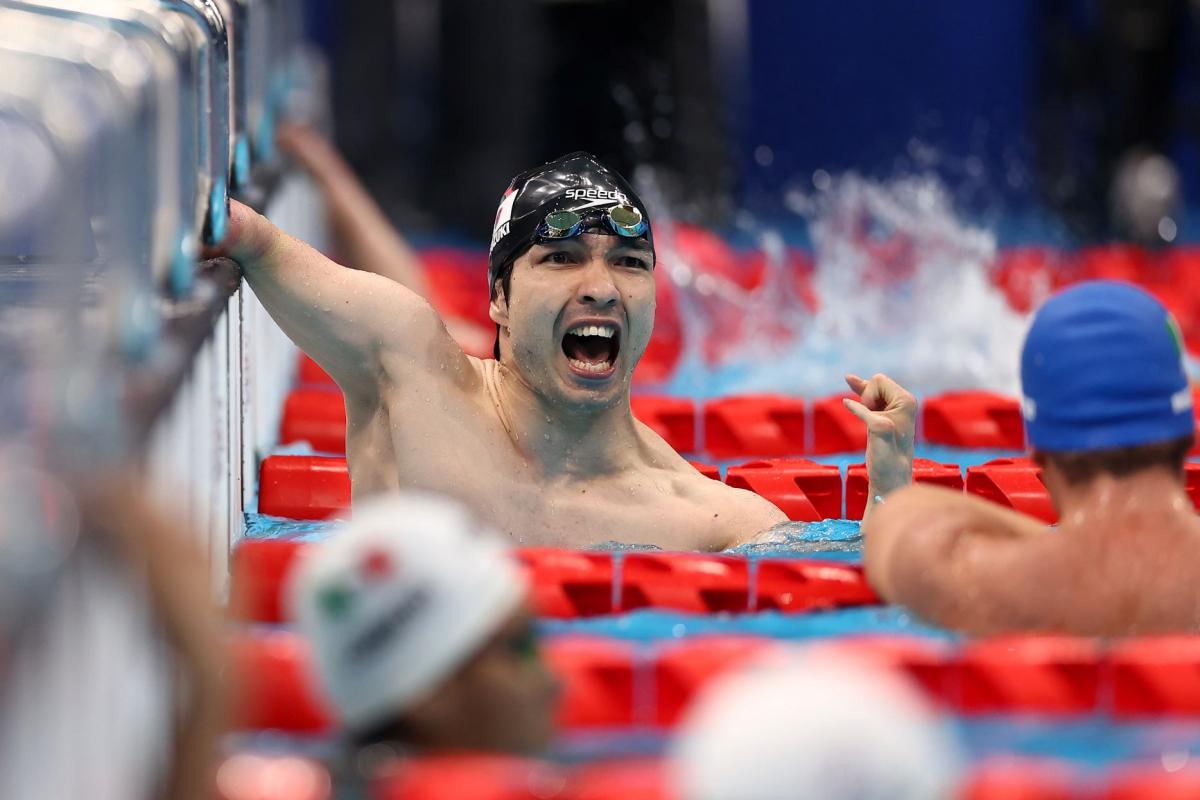
At the Tokyo 2020 Paralympics, Takayuki Suzuki became a national hero, capturing Japan’s first medal at a home Games. The gold medal in the men’s 100m freestyle S4 event was Japan’s first gold medal at a summer Paralympics since 2012.
Suzuki, a 10-time Paralympic medallist, is looking to compete at his sixth Paralympic Games at Paris 2024.
“The number of fans and people interested in Para sports or Para swimming increased after the Tokyo Games in Japan. I wanted to show them my swim at the Paralympic Games again. That’s my motivation,” said Suzuki, who turned 37 years old on 23 January.
“I hope as many people as possible can watch Para sports at venues and also through broadcast or online. I hope the Paris Paralympic Games will be an opportunity for people who don’t know about disabilities or the Paralympics to know them.”
A home hero
At the Tokyo 2020 Paralympics, Suzuki touched the wall in 1 minute, 21.58 seconds to finish the men’s 100m freestyle S4 event ahead of Italy’s Luigi Beggiato and Roman Zhdanov of the Russian Paralympic Committee.
The Japanese athlete had dreamed of competing on home soil even before Tokyo was named the host city of the 2020 Games. As an ambassador for Tokyo’s bidding committee, he contributed to bringing the Paralympics to the Japanese capital.
The Tokyo 2020 Paralympic and Olympic Games were held in 2021 due to the COVID-19 pandemic. At the National Aquatics Centre, Suzuki picked up a medal in each of the five events he competed in.
“I was keen to compete as an athlete. So, in terms of that, I was very excited to compete at the Tokyo Games, but unfortunately, we competed with no spectators,” he said.
“But many people in Japan watched the Games online, and I think they were inspired by lots of Para athletes or Japanese Para athletes at the Games. That was meaningful for me as well.”
Paralympic medal No. 1-10
Suzuki, who was born without a right leg and missing part of his left leg and right arm, started swimming at age 6 on the advice of his family. His family members wanted him to get used to the water before swimming classes started at his elementary school.
“It’s because the swimming pool (at school) was too big and too deep for me, and I couldn’t stand in the water. That might be why,” Suzuki said.
“But then I enjoyed swimming, not competitive swimming, just picking up some stones in the water or swimming between someone’s legs. I really enjoyed it.”
Suzuki said he did not discover his talent until he competed in his first domestic Para swimming event. He won a gold medal with a tournament record and left with the feeling that “I might be good at swimming.”
His career took off from there. He remembers the first time he competed at the Paralympic Games. Suzuki won a silver medal in the men’s 4x50m medley 20 pts at Athens 2004.
“I was 17 and I felt a mixture of nervousness and excitement,” Suzuki said. “I didn’t know about the Paralympic Games well because I didn’t watch Sydney (2000) Paralympic Games. I was looking forward to seeing other swimmers. I knew them from the world rankings, but I had never seen them.”
“I wanted to win an individual medal at the next Paralympic Games. And yes, I won gold in Beijing.”
Suzuki topped the podium at Beijing 2008, finishing ahead of Spain’s Vicente Gil and Miguel Luque in the men’s 50m breaststroke SB3. While he also became a national hero by picking up Japan’s first gold medal at Tokyo 2020, winning in Beijing’s National Aquatics Centre remains his favourite Paralympic moment.
"It was my first gold medal and that’s what I wanted to get. I can’t forget the view from the podium. I was surrounded by full spectators and then a big cheering like a football match. That was amazing,” he recalled.
Next goals
Suzuki says that swimming is his ‘work’. But the joy of representing his country at the Paralympic Games never changes.
“Personally, nothing has changed. I always set goals and then try to do them and sometimes they fail, sometimes I achieve them. It’s just doing it continuously like work.”
“The most exciting moment (at the Paralympics) is when I touch the wall and see the result and win medals. When I’m on the podium, I’m just relieved, and I’m already setting my next goals for the next Paralympic Games,” he said.





